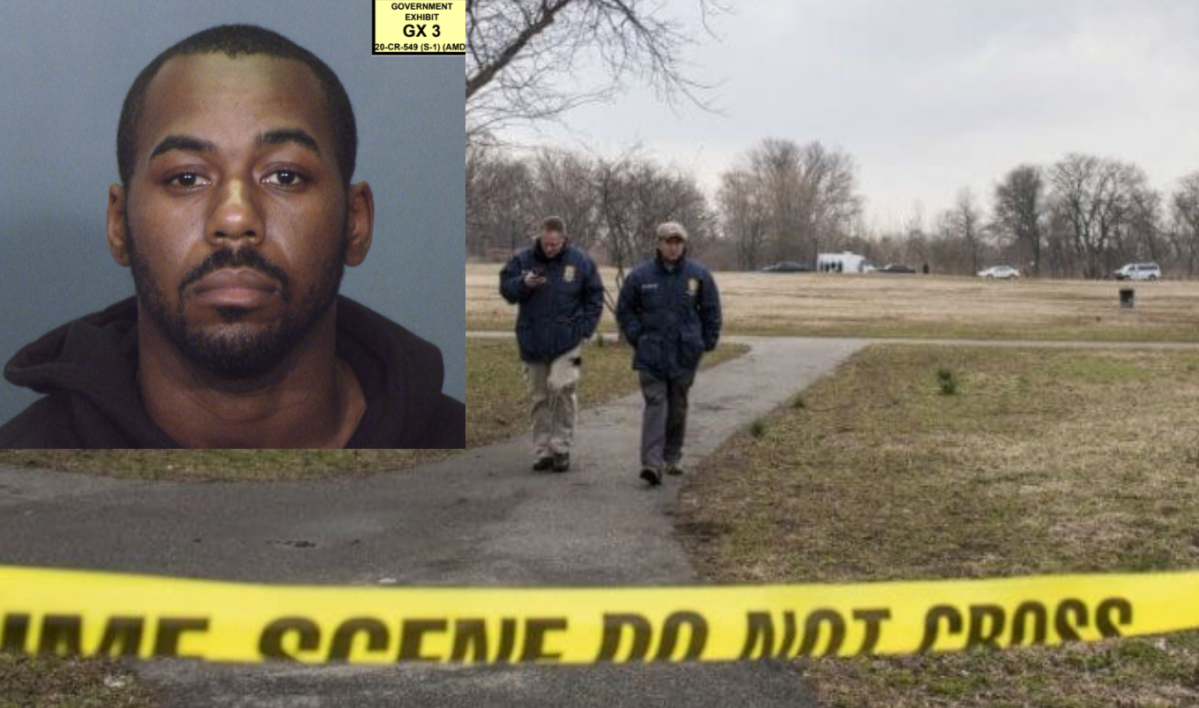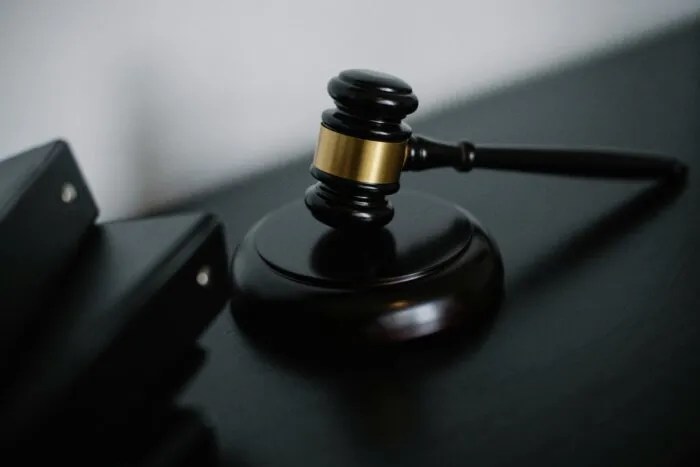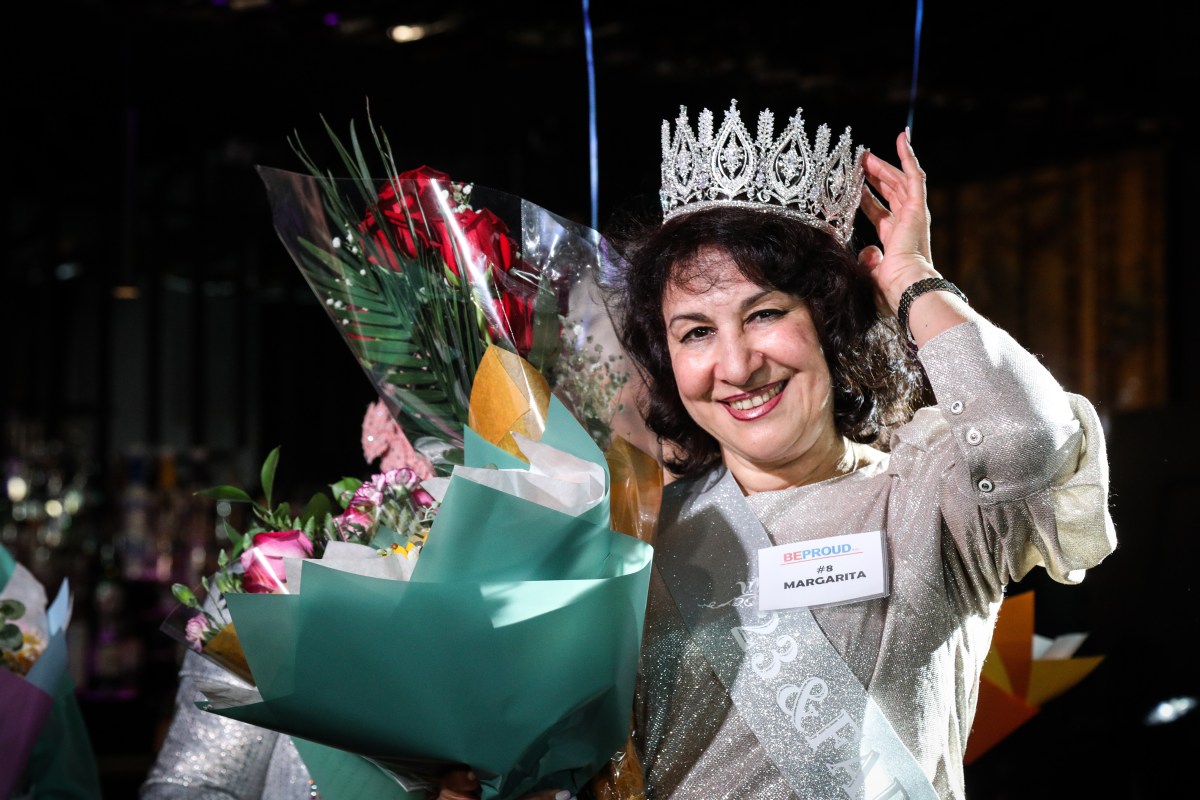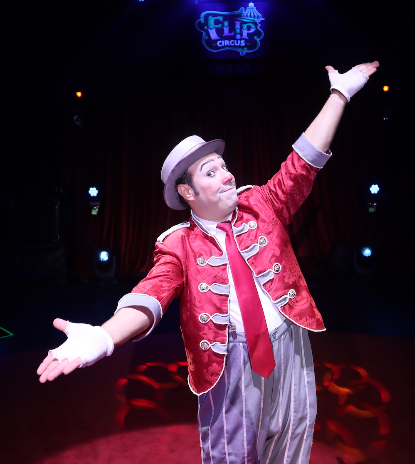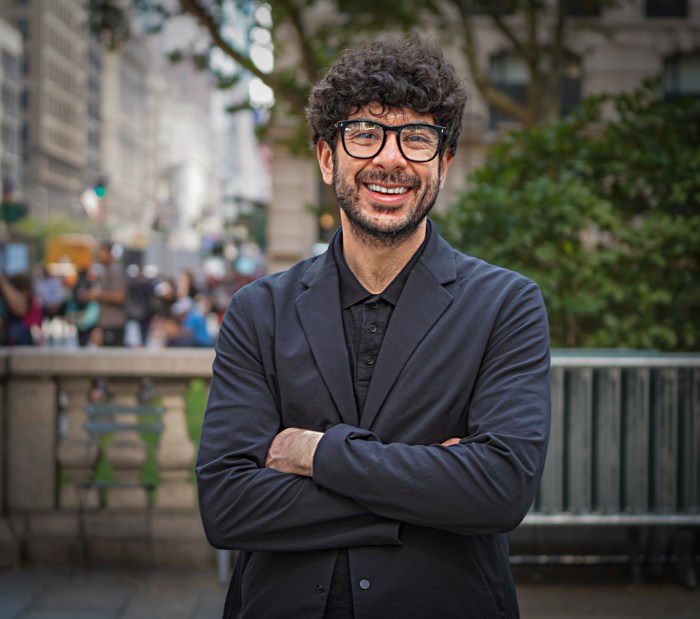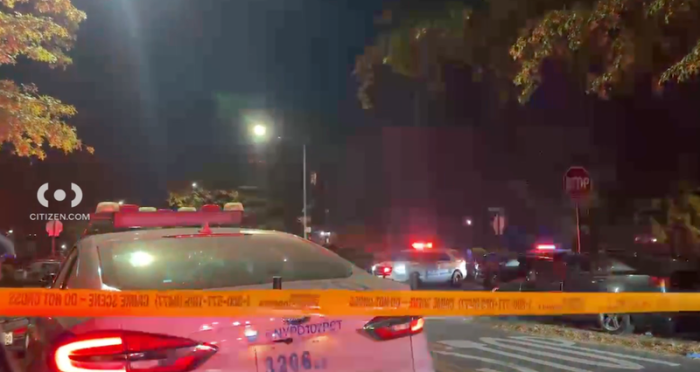By the time he died at the age of 29 in 1953, Hank Williams had established a vast legacy for himself in country music with hits such as “Lovesick Blues” and “Your Cheatin’ Heart.” In the new biopic “I Saw the Light,” we see Williams, as played by British actor Tom Hiddleston, struggling with alcoholism and squabbling with his first wife, Audrey Sheppard (Elizabeth Olsen).
To take on the role, Hiddleston had to get out of his comfort zone and go through six weeks of immersive vocal training in Nashville with musician Rodney Crowell to get him to the point where he could sing and perform some of Williams’ best-known songs — not only in front of an audience, but on the soundtrack album that captures those performances.
amNewYork spoke with Hiddleston about preparing for the film, which is in theaters now.
When you first read the script, how did you know you would be able to pull off Hank Williams’ vocals? Did you have any sort of musical background?
The truth is that I didn’t know that I could do it. That mixture of terror and excitement was part of my motivating force. I gave myself the challenge and wanted to see if I could measure up to it. I know that I’m not tone-deaf. I’ve always had a musical ear and an ear for different dialects, but I never came from musical theater, I never was in a band. I had never stood up and sang in front of a paying audience in my life, and it was terrifying.
What was your secret of performing as Hank without that musical background?
You have to invest yourself in the power of his lyrics, which are so deep and so sincere. When he sings a song like “Cold, Cold Heart” or “Your Cheatin’ Heart” or even the more rock and roll ones like “Lovesick Blues,” you have to invest your spirit and soul into the song because there’s something so raw and naked about singing as an artform. I think it’s the most immediately emotional artistic expression.
What kind of pressure is there as an actor, especially a British one, in taking on the role of an American hero like Hank Williams?
That is some big boots to fill, no question. It was a great honor and I took the responsibility as seriously as I could. I knew I had a duty and an obligation to inhabit Hank’s truth and change the way I looked and sounded and get under the skin of both his joy and generosity of spirit and also his demons. It was challenging but it was the best kind of challenge, because every day I got closer and by the end, I learned a lot about him and also a lot about myself.
What did Elizabeth Olsen bring to her role as Hank’s first wife, Audrey?
History hasn’t been kind to Audrey, and in the story of Hank Williams, she’s always cast as difficult and obstructive and shrewish. What Lizzy does is she defends Audrey so brilliantly and shows that without Audrey, there would have been no Hank. Lizzy shows you how, despite Hank’s natural charm and charisma, he was a very difficult man to live with and get close to. I think she plays Audrey with such compassion that you start to understand that without the passion and turbulence in that marriage, there would be no great songs.
Have you gotten any insights into the dichotomy between Hank’s upbeat songs that had such dark undercurrents?
Somebody said to me, “Hank Williams wrote sad songs to happy tunes.” I found the tension between his external charisma and internal vulnerability fascinating and I think that’s what so many people have found so interesting about Hank. Clearly, he was a charismatic, charming, witty and mischievous presence on stage, and he had an edge that people were drawn to. [He had] a really transfixing power when he was in the limelight but behind that was a much more tortured soul. I think the tension is what creates the power of the music.








